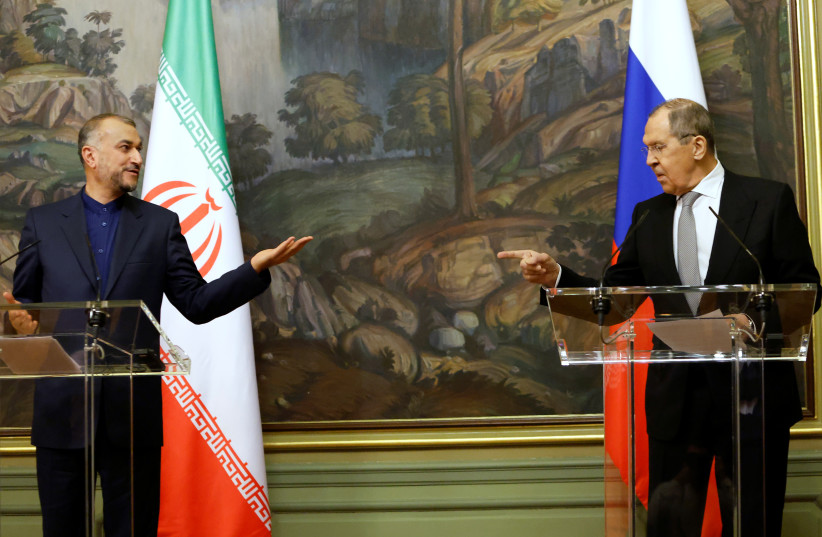The Wall Street Journal reported on Thursday that “the US has intelligence that the Wagner Group, the Russian paramilitary group, may provide an air defense system to Hezbollah.”
Hezbollah already has an impressive arsenal. The addition of air defenses beyond its existing surface-to-air missiles would increase the threat that the group poses.
The report says that “the system in question is the SA-22, which uses antiaircraft missiles and air defense guns, to intercept aircraft,” and that a US official could not confirm if the system had been sent: “Wagner has personnel in Syria, where Hezbollah fighters have also been present.”
This is not the first time Iran sought to supply Hezbollah with air defenses. A report at London-based Asharq al-Awsat in July claimed that Hezbollah has already improved its air defenses. The report included a reference to SA-8 and SA-22 systems. And, back in 2018, a report at Ynet said that Iran tried to move its 3rd Khordad system to T-4 base in Syria.
This was the same base Iran used for drones. Iran backs Hezbollah, which operates in Syria.

Hezbollah had sought more advanced air defenses
Therefore, it was already known that Hezbollah was seeking more advanced air defenses; the SA-22 had already been mentioned in the past. However, the system is one that may not actually be very helpful to Hezbollah. For starters, it is mounted on a truck.
Also known as the Pantsir, the SA-22 has been improved over the years, since its development decades ago. It combines both guns and missiles and uses a radar system to track targets, several at a time.
Its difficulties lie in facing multiple targets coming from various directions. In Libya and Syria, it did not perform well against Turkish Bayraktar drones, for instance.
The system sits on a large 8x8 wheeled chassis, pulled by a truck. According to sources, it combines two 30mm. cannons that can fire up to 2,500 rounds per minute, with missiles; it can fire 12 interceptors and track targets up to 24km. away. The system has not performed well in Syria or Libya, and it is not clear why it would be a game changer for Hezbollah, but it could pose a threat to aircraft and drones, and therefore is certainly a threat to the region. Any armaments for Hezbollah are a threat.
The problem is less with the system and more with Hezbollah, which operates as an illegal terrorist army in Lebanon, one that can import any air defense. If the report is true, that it is working with other groups like Wagner, this could present a new type of threat to the region.
Hezbollah seeking air defense systems is part of a much broader problem, one that has as its chief players Iran and Russia, the latter of which is destabilizing Syria and has slammed Israel in the wake of the Hamas attack and the ensuing war.
Any chance that Russian groups might be in touch with Hezbollah, topping off Iran’s existing smuggling routes to the terror group, presents yet another strategic threat to the region.
Hezbollah has recently increased its attacks on Israel, firing a surface-to-air missile at a drone this week, showing off its capabilities and how it is willing to use weapons with impunity. Israel has responded, but Hezbollah keeps up its threats.
